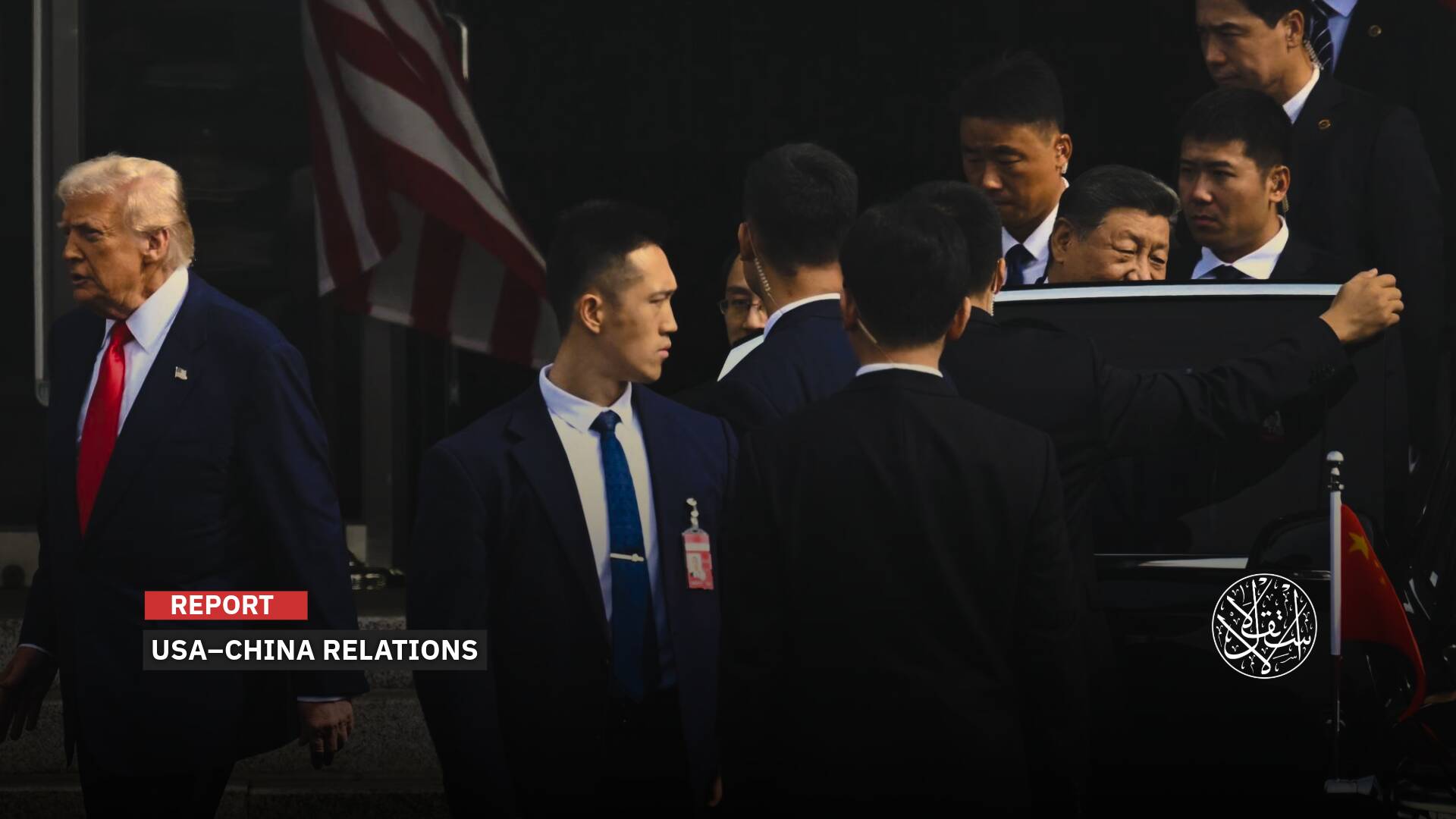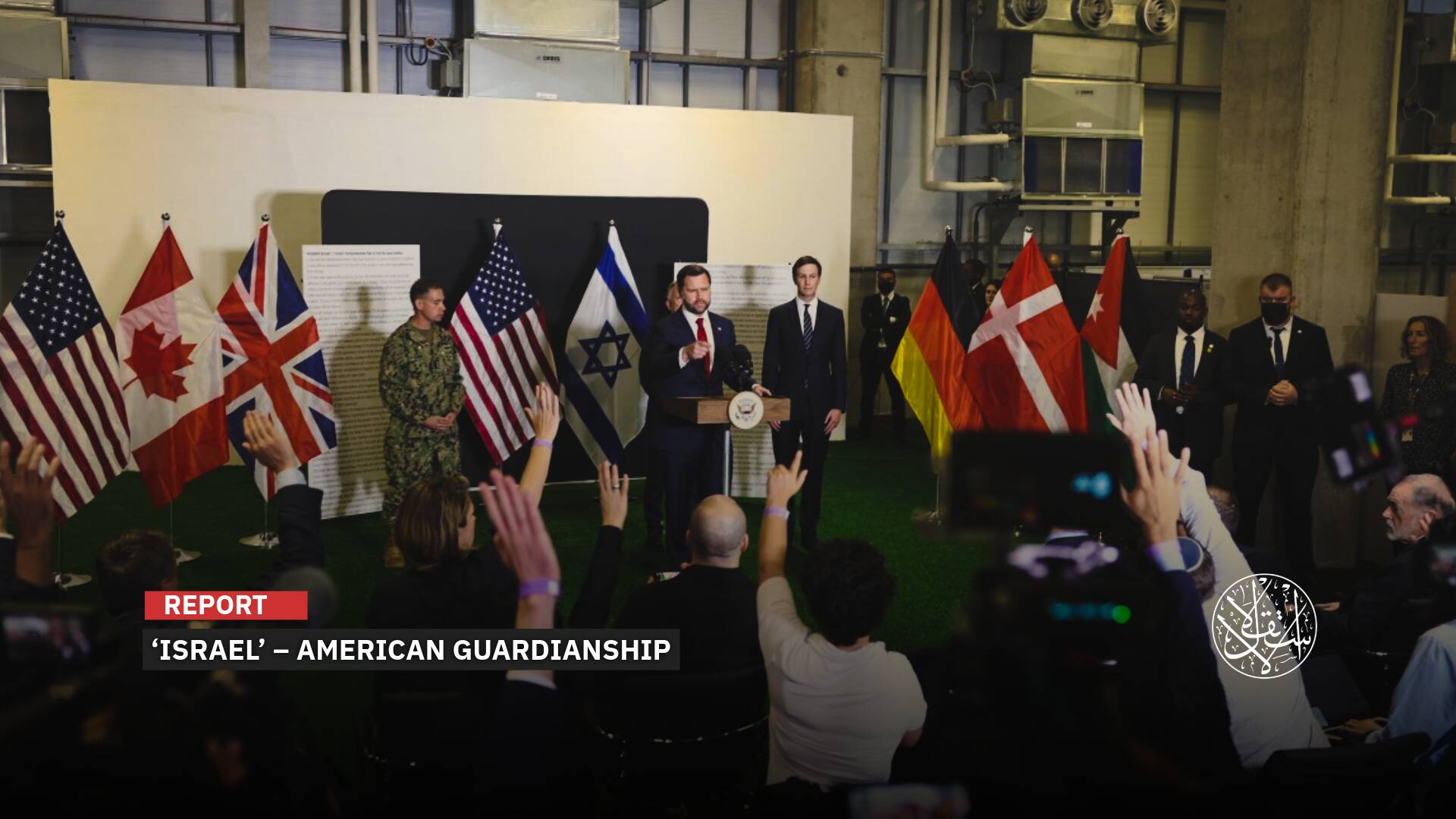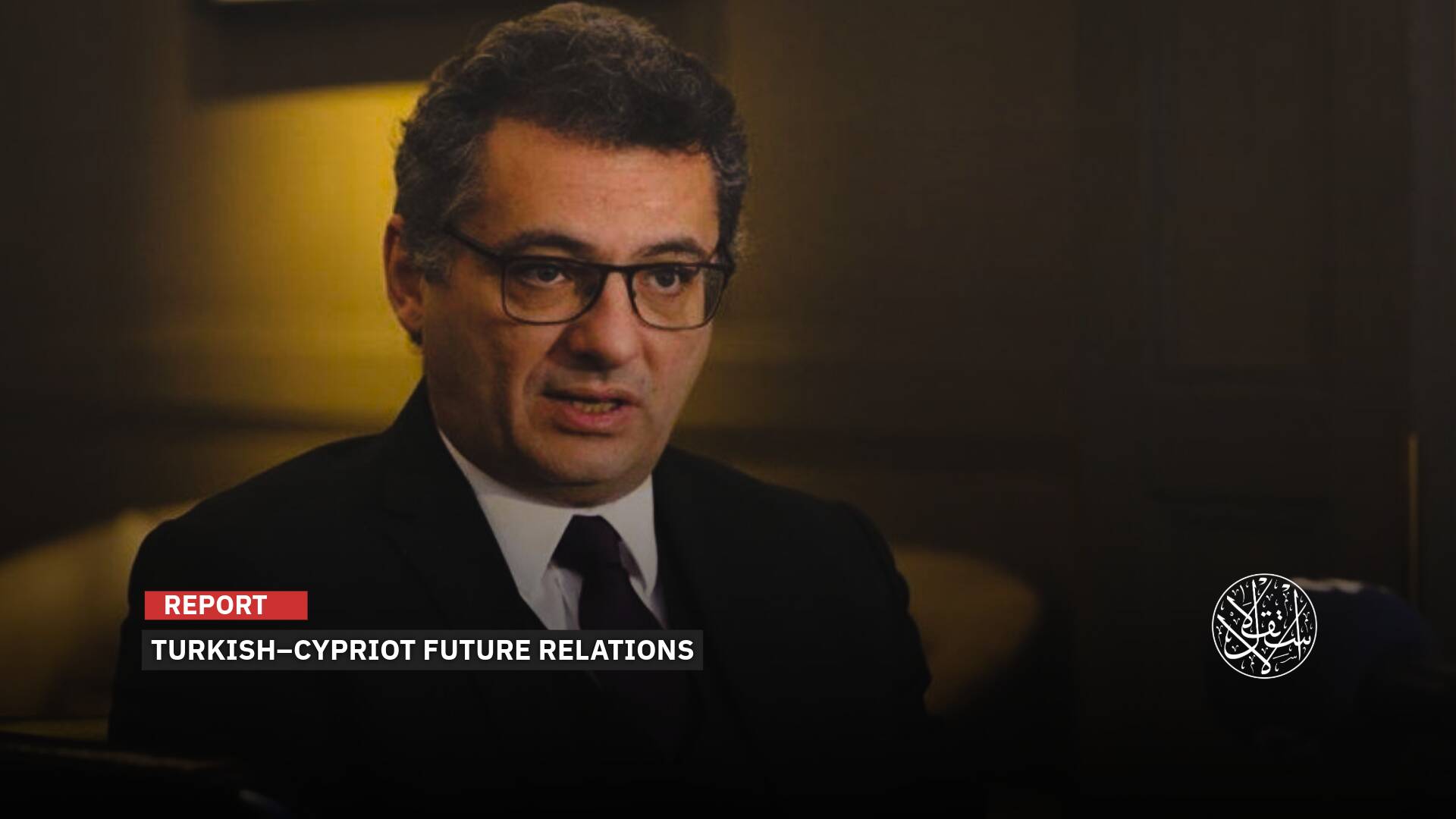Why Does Activating the Libyan-Syrian High Committee Matter?

The security and military aspect is one of the main pillars of coordination between Syria and Libya.
Since the fall of Bashar al-Assad’s regime on December 8, 2024, Libya has reached out to help the Syrian people rebuild their country and establish ties with the new leadership in Damascus.
Tripoli didn’t miss the chance to continue that support as Syria seeks to revive its economy and ease the heavy burdens left behind by the ousted regime.
Formal Channels of Cooperation
In that spirit, Libyan Prime Minister Abdul Hamid Dbeibeh’s meeting with Syrian President Ahmed al-Sharaa at the Antalya Diplomacy Forum in Turkiye on April 11, 2025, marked the official revival of the Libyan-Syrian High Committee. The move aims to boost bilateral cooperation across various sectors and organize the status of Syrians residing in Libya.
The High Joint Committee is among the most significant formal frameworks structuring ties between the two countries. It seeks to expand political, economic, and social collaboration.
Reactivating the committee at this stage also opens the door for exploring mutual investment opportunities and increasing the private sector’s role in trade and development.
Back in 2008, trade between Syria and Libya had reached nearly $241 million. The Dbeibeh government has had no ties with the former Assad regime—unlike the rival eastern-based government led by Osama Hammad, appointed by Libya’s House of Representatives.
Libya currently has two rival governments: the internationally recognized Government of National Unity (GNU) led by Dbeibeh in Tripoli, which controls the west; and the Hammad-led administration in Benghazi, which governs the east and parts of the south. Both operate under a dual and parallel spending system.
In February 2024, Hammad’s unrecognized government tried to activate the same high committee by sending a delegation to Damascus, where they met with Assad’s former finance minister, Kenan Yaghi.
The high committee is typically managed at the prime ministerial level and focuses on coordinating joint efforts across multiple domains, including politics.
Just one day after the Dbeibeh-Sharaa meeting, Libya’s UN envoy Taher el-Sunni used his April 11 address at the Security Council to condemn the latest Israeli attacks on Syria.
He called for “an immediate halt to the aggression and full, unconditional withdrawal from all Syrian lands, including the Golan Heights and areas recently occupied.”
El-Sunni warned that the Israeli violations after Assad’s fall—particularly its incursion beyond the buffer zone—were a clear provocation aimed at expanding settlements and destabilizing the region. “It’s a sign that the Israeli Occupation forces are intent on prolonging conflict and unrest.”
“Syria’s security is inseparable from Arab security, and that its sovereignty and territorial unity must be respected,” he said.
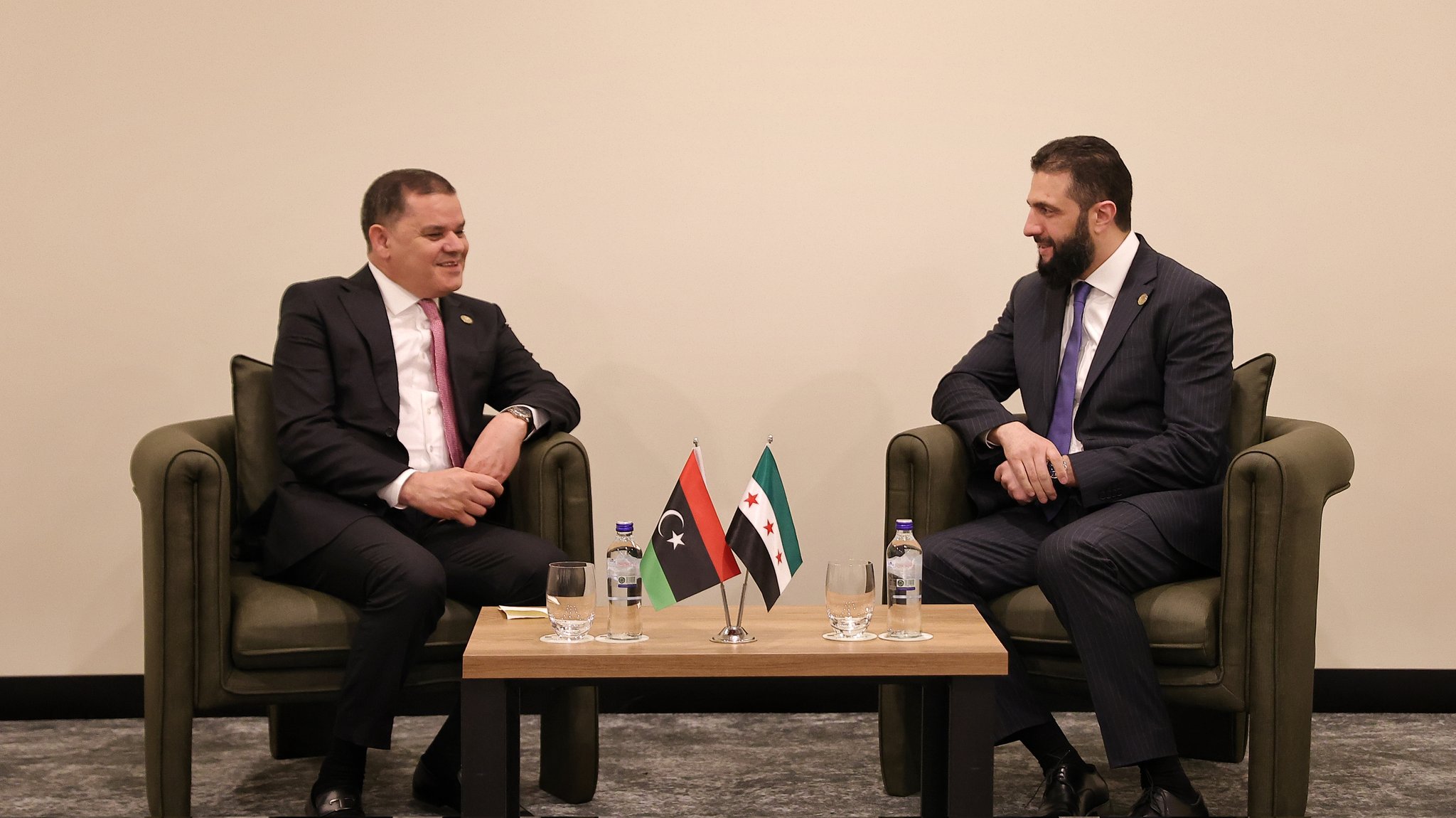
Trade Revival
Libya’s outreach to Syria under Dbeibeh’s government came on the heels of growing activity by joint Libyan-Syrian companies specializing in maritime trade. These firms ramped up operations following the collapse of the Assad regime.
Reactivating the Libyan-Syrian High Committee is expected to preserve these joint ventures, revive dormant ones, and strengthen economic ties that serve both countries’ interests.
Syria, for its part, is actively working to boost its commercial operations, including in maritime transport. On January 31, 2024, it established a General Authority for Land and Sea Ports, which now oversees customs, border crossings, and free zones.
The newly formed body is responsible for regulating both humanitarian and commercial flows, managing maritime navigation and shipping activities, and owning or leasing commercial vessels and the properties needed for their operations.
It also now controls the ports of Latakia and Tartus on the Mediterranean coast, along with the Maritime Transport Directorate, the Maritime Shipping Company, port agencies, customs, and free zone institutions—plus key border points.
Along its coastline, Syria has four sea ports, with Latakia and Tartus serving as the main hubs for receiving and dispatching container shipments, alongside the ports of Baniyas and Jableh.
In the wake of Assad’s fall, Libya’s privately owned Farwa Shipping opened two new shipping lines to Syria, both headed to the Port of Latakia. According to a March 13, 2025 report by Africa Intelligence, this move signals new opportunities emerging in the Syrian market.
The step follows a broader resumption of commercial activity between Libya and Syria as Damascus undergoes a political transition.
Founded in 1994, Farwa Shipping has grown from a small, traditional cargo operator into one of Libya’s leading shipping companies.
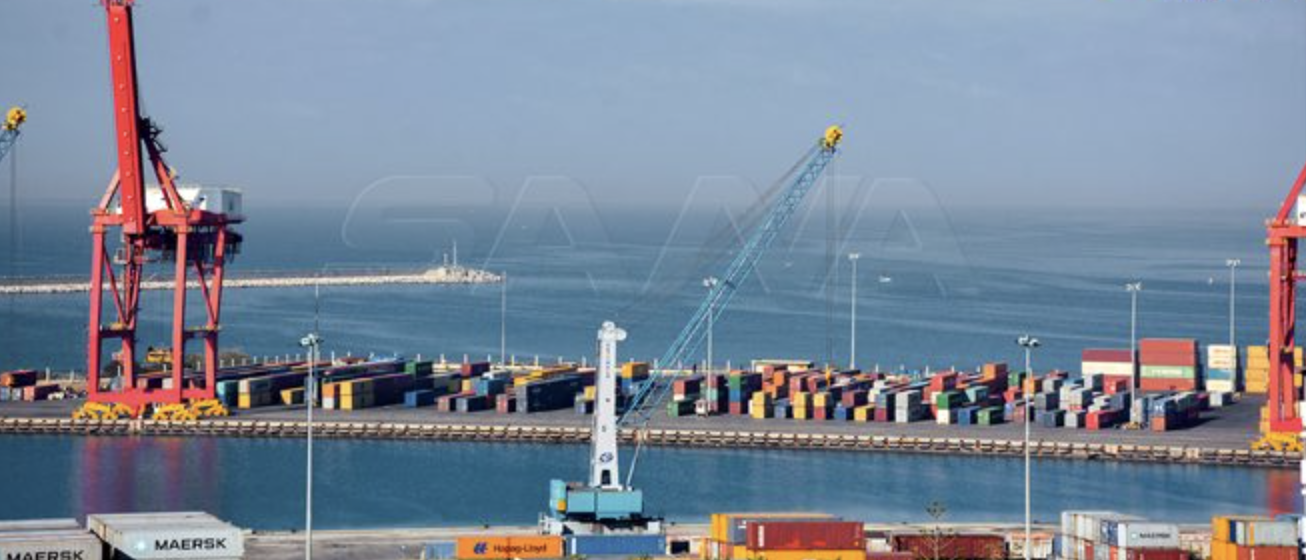
Expanding Clout
Farwa Shipping has reached a peak of 321 vessel withdrawals across Libya’s ports—including the capital, Tripoli—cementing its status as a dominant player in the country's maritime sector.
Now, the Libyan firm is eyeing expansion into Syria, launching two new routes from Misrata in the west and Benghazi in the east to the Syrian port of Latakia.
The company, led by businessman Wajdi al-Sahli, operates in nearly all major Libyan ports, offering shipping agency services along with logistics, warehousing, and distribution. It also serves as a key agent for Turkiye’s Sidra Line.
Al-Sahli wields significant influence in Turkiye, where he runs Selmer Shipping, based in Istanbul. This strategic foothold has become increasingly valuable as Ankara deepens its presence in post-Assad Syria.
The growing commercial ties are clearly visible at Syrian ports, where Turkish ships now dominate shipping activity.
Under the now-toppled Assad regime, the Benghazi-Latakia shipping route symbolized a shadowy alliance between Assad and Libyan warlord Khalifa Haftar.
That route became a pipeline for smuggling weapons, narcotics, and mercenaries between the two countries, funneled through the Syrian freight company al-Tayr International Trade and Shipping.
Assad’s fall has since swept away a circle of regime-aligned Syrian businessmen, among them Mahmoud al-Dj, head of al-Dj Group and owner of al-Tayr. In March 2024, the U.S. Treasury sanctioned his firm for trafficking arms, drugs, and fighters into eastern Libya.

Support and Coordination
In this transitional period, Syria is racing to improve living conditions, revive its shattered economy, and attract support from Arab nations to aid in reconstruction.
A key focus for Damascus is securing shipments of crude oil and fuel to ease the crippling energy crisis brought on by Western sanctions.
Libya—home to Africa’s largest proven oil reserves and producing an average of 1.3 million barrels per day—could play a crucial role in bolstering Syria’s energy supplies.
This comes on the heels of Qatar’s delivery of certified natural gas to Syria via Jordan in March 2025, a move aimed at alleviating the country’s severe electricity shortages and strengthening its faltering infrastructure. Libya, for its part, also exports iron, aluminum, and petroleum-based products, further broadening potential avenues for cooperation.
Experts suggest that trade flows between Syria and Libya can now be streamlined to supply the Libyan market with Syrian goods, while also identifying key Libyan exports, especially in energy, that could serve Syria’s urgent needs.
Beyond economics, security and military coordination are emerging as core pillars of this renewed partnership.
Efforts are still underway to track down senior figures from the former Assad regime accused of crimes against the Syrian people. Some reportedly fled to Benghazi in eastern Libya.
Ties between Assad-era officers and Libyan strongman Khalifa Haftar remain intact, with Benghazi—Haftar’s base of operations—acting as a key refuge.
In recent months, Libyan authorities have raised alarms over ex-Assad officers sneaking into the country to dodge justice, reaffirming their stance against turning Libya into a refuge for fugitives or extremists.
Sources
- Libya's Farwa Shipping opens new routes to Syria
- Syria's Al-Sharaa meets leaders, top officials on sidelines of Antalya Diplomacy Forum
- Libya affirms its continued support for the Syrian people and their independence [Arabic]
- A Libyan delegation in Damascus discussed migration and energy issues with the leader of the new Syrian administration [Arabic]
- Military cooperation and migration top Libyan-Syrian talks [Arabic]
- Syria and Libya affirm their desire to establish economic relations [Arabic]


